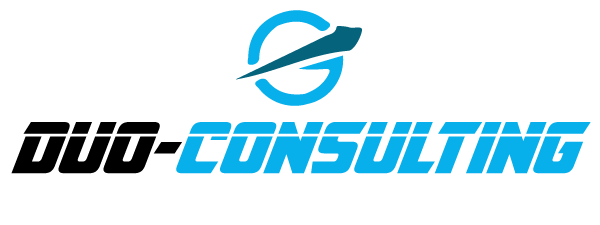In today’s rapidly evolving business landscape, sustainability has become a cornerstone of success. As companies strive to reduce their environmental footprint and embrace renewable energy sources, solar panels have emerged as a leading solution for sustainable energy generation. This comprehensive guide explores the benefits, implementation strategies, and key considerations for integrating solar panels into business operations.
Understanding the Benefits
The advantages of solar panels for businesses are multifaceted. Firstly, they offer significant cost savings by reducing reliance on traditional grid electricity. With solar energy, businesses can lower their utility bills and hedge against future energy price fluctuations. This financial stability enhances budget predictability and long-term financial planning. Moreover, solar panels contribute to environmental stewardship by reducing greenhouse gas emissions and reliance on fossil fuels. By harnessing the power of the sun, businesses can decrease their carbon footprint and demonstrate a commitment to sustainability, which is increasingly valued by customers, investors, and stakeholders.
Implementation Strategies
Implementing Zonnepanelen Zakelijk requires careful planning and execution. The first step is conducting a feasibility study to assess the site’s solar potential, including factors such as sunlight exposure, roof space availability, and local regulations. This study helps determine the optimal system size, layout, and financial projections. Next, businesses need to choose the right solar panel technology and installation partner. High-quality solar panels with efficient energy conversion rates ensure maximum output and longevity. Working with experienced solar installers ensures professional installation, compliance with safety standards, and access to incentives such as tax credits and rebates.
Several key considerations are essential when integrating solar panels into business operations:
Financial Analysis – Conduct a thorough financial analysis, including upfront costs, return on investment ROI, and payback period. Explore financing options such as solar loans, leases, power purchase agreements PPAs, or incentives like net metering.
Regulatory Compliance – Understand local regulations, building codes, zoning ordinances, and utility interconnection requirements. Compliance ensures legal operation, safety, and eligibility for incentives.
Maintenance and Monitoring – Develop a maintenance plan to ensure optimal performance and longevity of solar panels. Regular inspections, cleaning, and monitoring of energy production help identify issues early and maximize system efficiency.
Integration with Energy Management – Integrate solar panels with energy management systems to optimize energy usage, storage, and distribution. Smart energy solutions enable real-time monitoring, energy savings, and grid resilience.
Solar panels offer businesses a sustainable and cost-effective energy solution that aligns with environmental goals and enhances operational resilience. By understanding the benefits, implementing effective strategies, and addressing key considerations, businesses can harness the power of solar energy to drive sustainable growth, reduce operating costs, and contribute to a greener future. Implementing solar panels for business success requires a strategic approach, from feasibility assessments and technology selection to regulatory compliance and ongoing maintenance. With the right expertise and commitment to sustainability, businesses can unlock the full potential of solar energy and pave the way for a brighter, more sustainable future.
